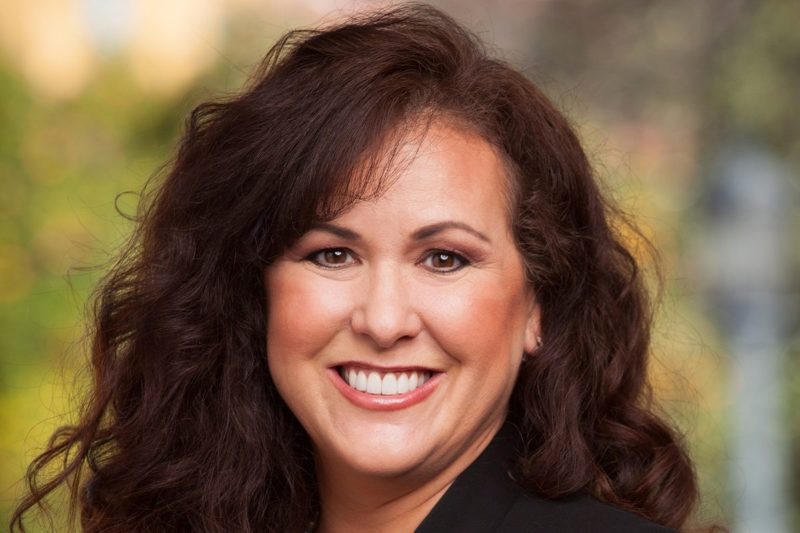As Trump Ignores Pay Discrimination, California Democrats Aim to End It (Updated)
The legislation headed to Gov. Jerry Brown's desk requires large companies to report the average and median differences in pay by job title or classification for women and men.

UPDATE, October 16, 11:40 a.m.: Gov. Jerry Brown (D) on Sunday vetoed the bill. He wrote it was unclear that reporting gender pay differences “will provide data that will meaningfully contribute to efforts to close the gender wage gap.”
The Trump administration last month killed a plan to advance equal pay, but California’s Democratic-led legislature is doing the opposite with a bill requiring major employers to tell the public whether men and women are paid the same.
The legislation headed to Gov. Jerry Brown’s (D) desk requires large companies to report the average and median difference in pay by job title or classification for women and men. The secretary of state would collect the data and make it public on a website once funding is available.
The Trump administration in August reversed an Obama-era policy to begin collecting pay data from large employers. Former U.S. Secretary of Labor Thomas Perez had called the data gathering a “critical step in delivering on the promise of equal pay,” but the head of Trump’s Office of Information and Regulatory Affairs, Neomi Rao, said the requirement was “unnecessarily burdensome.”
Assemblywoman Lorena Gonzalez Fletcher (D-San Diego) told Rewire she introduced the bill because research suggests pay transparency helps to shrink the gender wage gap.
“Look, we know if we don’t do anything and just keep the laws as they are, we’ll address the pay gap issue in probably 2043,” she said. The Institute for Women’s Policy Research estimates it’ll take until 2043 to close the wage gap in California, while the nation isn’t expected to reach pay parity until 2059.
“What we looked at is how can we in this generation speed up the removal of pay inequity,” she said.
A woman earns 80.5 cents for every dollar a man makes, according to an analysis of 2016 census figures out this week. Women of color fare worse. Black women are paid 62.5 cents for every dollar a white man makes, while Hispanic women earn 54.4 cents. Over a lifetime, the wage gap costs Black women in California $1.05 million, and Latinas $1.6 million, according to recent analysis of census data by the National Women’s Law Center.
The bill applies to companies with 500 or more employees that file a statement of information with the secretary of state—a requirement that applies to corporations and limited liability companies. Around 5,000 employers would be affected, according to the assemblywoman’s office. Employers must start reporting salary data in July 2019. Gonzalez Fletcher suggested the time allows companies to identify and correct pay disparities on their own before that information is potentially made public.
“We want to ensure that companies take a real good look inward,” Gonzalez Fletcher said.
Gonzalez Fletcher said the bill requires information on highly educated women employees, who typically lack labor union protections and earn far less than their similarly educated male counterparts.
Although the wage gap between male and female college graduates starts out small, research in Harvard Business Review suggests that by their early 40s, the average male college grad makes roughly 55 percent more than his female counterpart.
“In that top echelon, right, women who are in exempt positions, who often have degrees and are in higher-level positions and still aren’t making what their male counterparts are making,” said Gonzalez Fletcher. “Women who sit on corporate boards. Women who are attorneys at big law firms.”
Business groups including the California Chamber of Commerce oppose the legislation, arguing it will likely reveal gender pay disparities, but those differences aren’t necessarily evidence of discrimination.
It’s unclear whether the governor will sign the bill. Gonzalez Fletcher said they’ve discussed the measure with Brown, but have no indication of whether he’ll support the law. Two years ago, Brown vetoed a bill barring employers from asking about an applicant’s salary history, which equal pay advocates argue bakes in gender pay disparity. A similar bill is now on his desk, as the Orange County Register reported.
